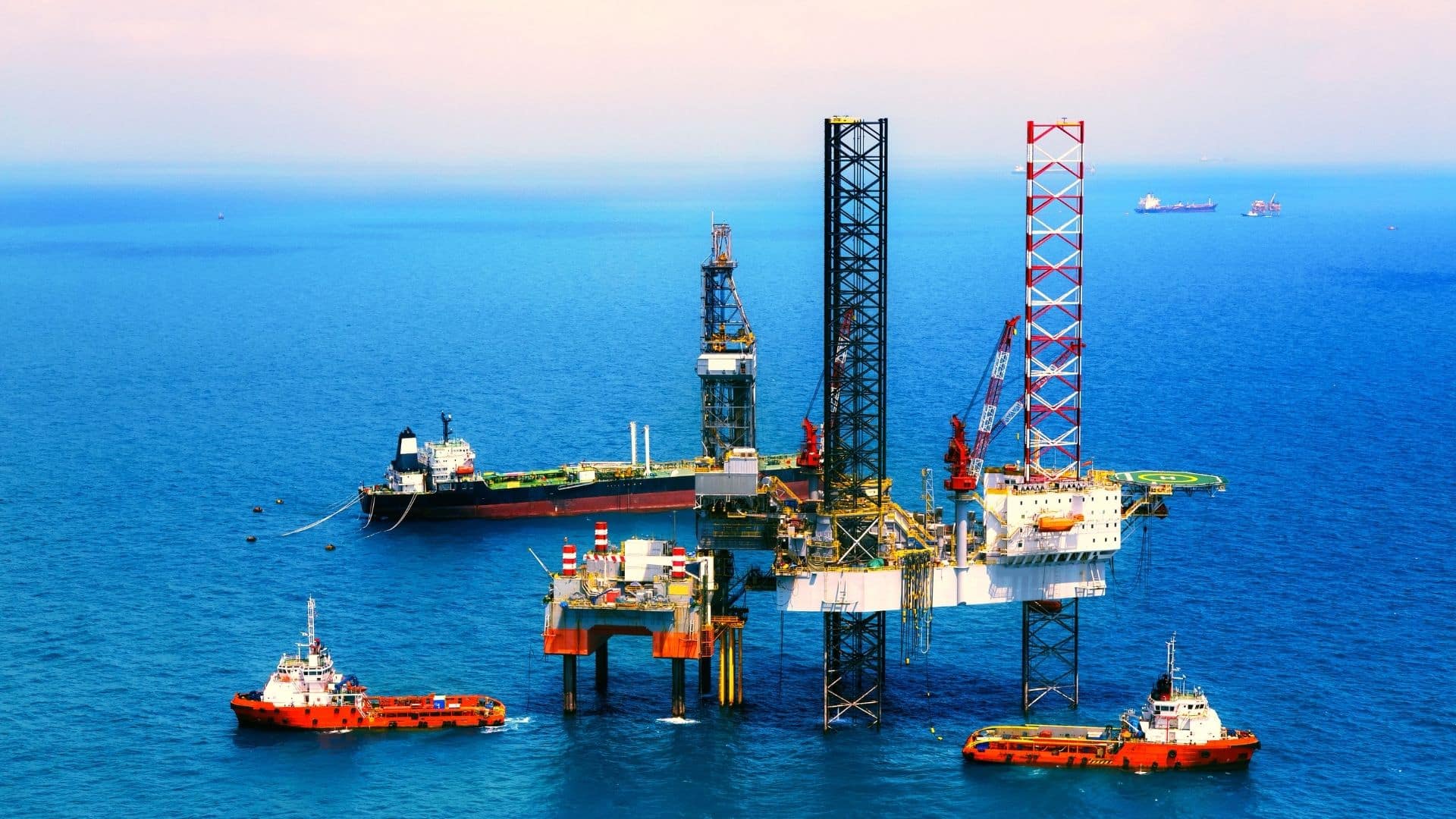During a webinar hosted by The Digital Ship, on October 10th, 2023, Stanislas Oriot, Senior Marine Consultant at Opsealog, presented on the topic of improving vessel operational efficiency with data analytics.
The Increasing Importance of Vessel Efficiency
With operating vessels becoming more costly than ever due to high interest rates, lack of new vessels, increasing ship building costs, and older vessels staying longer in the market, the importance of efficiency has been highlighted more than ever. Furthermore, the costs of emissions need to be considered in this equation. However, vessel efficiency goes beyond just fuel considerations. In fact, it is a multifaceted issue that can be addressed through a data-driven approach.
What vessel efficiency looks like in reality
When thinking about optimizing your fleet, there are 3 main categories of optimization:
- Structural: New types of vessels, retrofits, new types of propulsion.
- Maintenance: Hull cleaning, engine maintenance, etc.
- Operational Efficiency: Minimizing high-consuming idle time, monitoring best practices, fleet size and organization.
The introduction of innovative vessels, alongside advanced retrofits and propulsion systems, offers promising routes to enhancing structural efficiency. Moreover, the importance of maintenance, ranging from operational optimization and hull cleaning to engine upkeep, can’t be understated. Effectively managing high-consuming idle time and constantly refining fleet size and organization are also paramount to operational efficiency.
The Power of Data in Steering Operational Efficiency
Data analytics stands at the forefront of modern vessel operational enhancement. Delving into operational behaviors by examining data histories, fresh data acquisition, and vigilant vessel tracking, unveils key patterns and potential areas of betterment. By harnessing algorithms that factor in vessel designs and engine specifications, fuel consumption predictions become more accurate. Furthermore, routine performance evaluations through reports, KPIs, and interactive dashboards ensure a culture of ongoing refinement.
Transforming Data into Actionable Insights
When furnished with relevant analytics, a plethora of optimization actions emerge. From initiatives like crane sharing and efficient buoy installation to employing shore power and monitoring best practices, the possibilities are vast. Crucially, these actions hinge on a robust data strategy, coupled with a specialized team that bears crystal-clear objectives.
Challenges in Data-Driven Projects
Achieving data-driven efficiency is a challenging endeavor with its own share of difficulties. Questions about the return on investment and cost implications of such an undertaking, the commitment to specific solutions, effective fleet management, building a cohesive team, protecting data, and the speed of implementing digital transformations are all significant concerns. Addressing these issues is crucial to achieving success in data-driven efficiency initiatives.
Spotlight on Opsealog
Opsealog is spearheading change by architecting solutions that amplify the digital transformation of maritime fleets, ensuring optimal resource allocation. Their robust platforms, spanning both cloud and desktop interfaces, prioritize data quality and seamless processes. Their collaboration with Brunei Shell Petroleum in elevating efficiency across a fleet of 66 vessels epitomizes the vast potential of such methodologies.
Embarking on Your Data-Driven Voyage
The synergy between fleet digitalization and enhanced performance is evident. Centralizing data collection amplifies the quality and efficiency of processes. Both charterers and shipowners stand to gain immensely from this strategy. However, remember, true fleet optimization is an ongoing journey intertwined with technology, rigorous analysis, and consistent evaluations. But above all, it’s about people and visionary leadership. The key is to adeptly wield your data and collaborate with experts to expedite your voyage.
Watch the full webinar here: Improving vessel operational efficiency with data analytics

